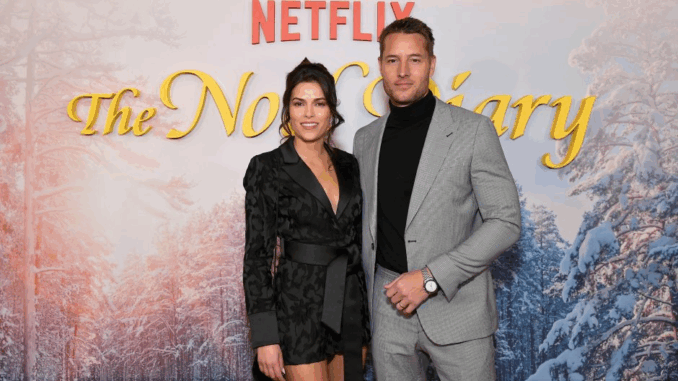
A Leading Man Who Listens, Supports, and Elevates
In a Hollywood often dominated by male voices, Justin Hartley stands out not just for his performances, but for his consistent and respectful collaboration with women directors, writers, and producers. From his work on female-led shows like This Is Us to upcoming projects written by women, Hartley has built a career on partnership, not ego.
His presence on set and in development rooms has earned him praise from co-workers who say he is an ally in both word and action—a male actor who genuinely believes in shared creative power.
Learning from Strong Female Characters—and Their Creators
Hartley credits much of his growth as an actor to playing opposite dynamic women—on screen and off. “I’ve been lucky to work with some incredible female actors and showrunners,” he said. “They’ve challenged me to dig deeper and to understand perspectives beyond my own.”
Some of the most meaningful collaborations include:
-
Mandy Moore (This Is Us): Their complex mother-son relationship anchored many emotional episodes, and Hartley often praised Moore’s commitment to craft and emotional authenticity.
-
Lena Torres (Capital Veins): The political thriller writer has worked closely with Hartley to create morally complex narratives where gender politics are not ignored but explored.
-
Sofia Pernas (his wife and Blood & Treasure star): As both professional collaborators and life partners, they support each other’s careers without competition.

Promoting Equity On and Off Screen
Hartley is known for using his executive producer roles to ensure inclusive hiring—especially in key creative departments like writing, directing, and casting. On Truth Be Buried, his true crime docuseries, half of the writing and editing team are women. “It’s not a quota,” he says. “It’s what makes the work better.”
He’s also a vocal supporter of equal pay, having spoken up in support of co-stars and crew members advocating for better contracts.
Rethinking the Role of a ‘Leading Man’
Hartley is part of a new generation of actors who don’t see leadership as dominance, but as service. He lifts up voices rather than occupying all the space. “To be a leading man now doesn’t mean being the loudest. It means being the most attentive, the most adaptable,” he said.
In doing so, he’s helping to evolve the very definition of Hollywood masculinity—and redefining what it means to lead.
